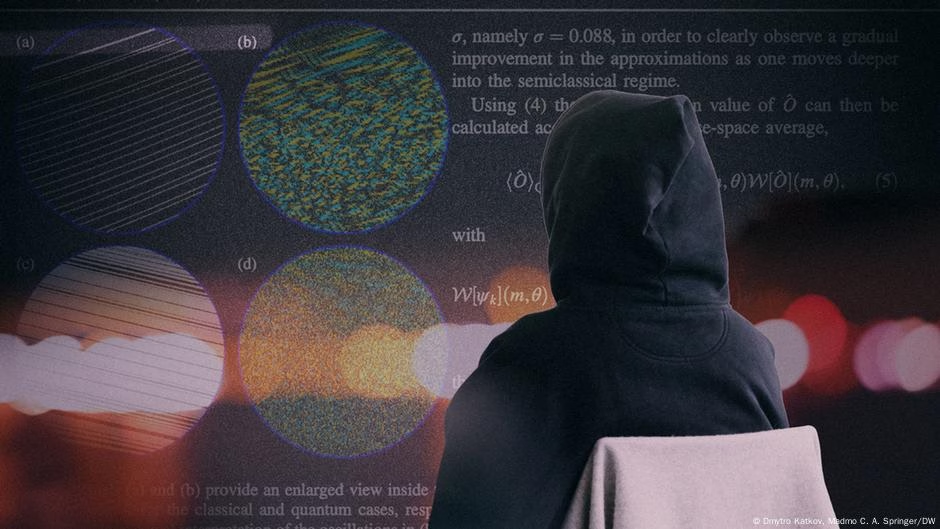Meetings with the director at the Max Planck Institute for the Physics of Complex Systems were consistently destabilizing, describes Gabriel Lando, a Brazilian-born theoretical computational physicist and a former postdoctoral researcher. For months, Jan-Michael Rost, the institute’s director of finite systems, would berate Lando, calling him "autistic" and "f***ing useless". Lando recounts meetings where Rost repeatedly banged on the table, shouting at him, a harrowing experience that took more than a year to recover from.
Lando’s account is not an isolated incident. DW’s investigative unit and Der Spiegel have been scrutinizing cases of abusive behavior and toxic environments across Max Planck institutes in Germany. After interviewing over 30 scientists—mostly from Asia, the Americas, and Europe who were drawn to Germany with promises of high-quality research—they found that more than half reported experiencing or witnessing misconduct by senior scientific staff, particularly targeting women and people of color.
The researchers suggest a systemic problem in holding abusive staff or their institutes accountable. The investigations reviewed detailed complaints to the Max Planck Society, correspondence between victims and staff involved in reporting, and confidential documents that confirmed these accounts.
The Max Planck Society, one of Germany’s foremost research organizations with 84 institutes, fosters an environment where gifted scientists have substantial autonomy, leading to significant scientific breakthroughs, evidenced by its scientists winning 31 Nobel Prizes. However, this autonomy has also led to instances where junior scientists, including PhDs and postdocs, are vulnerable to abuse by their directors.
In 2019, a society-commissioned survey revealed that nearly one-fifth of respondents encountered bullying, with non-German employees at a higher risk of bullying and sexist remarks. In response, the society introduced measures to improve working conditions and accountability, including a Code of Conduct. Yet, cases of abuse continue, with women and people of color most affected.
Aubrey, a PhD scientist at a Max Planck institute, describes a prevalent sexist atmosphere where she often felt excluded from project discussions and feared her work might not be credited correctly. Her story, along with others, points to a broader cultural issue.
Many scientists are hesitant to report misconduct due to fear of consequences or lack of awareness about reporting mechanisms. Those who do attempt to report often face resistance or discouragement. The Max Planck Society denies these allegations, stating it ensures reporting persons’ anonymity and confidentiality.
The society lacks effective supervisory structures, a point criticized by Germany’s Federal Court of Audit, which suggests the society does not have a proper oversight body. This lack of oversight can have damaging implications for Germany’s research standards, potentially leading to top scientists leaving the country. With no comprehensive solution in sight, the future of scientific integrity in Germany remains uncertain.
Despite his ordeal, Lando has since found success in his field at a South Korean research institute, but emphasizes that Rost’s behavior lacked constructiveness, focusing on humiliation rather than scientific discourse.








